Beach break to the Baltic? How climate change will transform your summer holiday
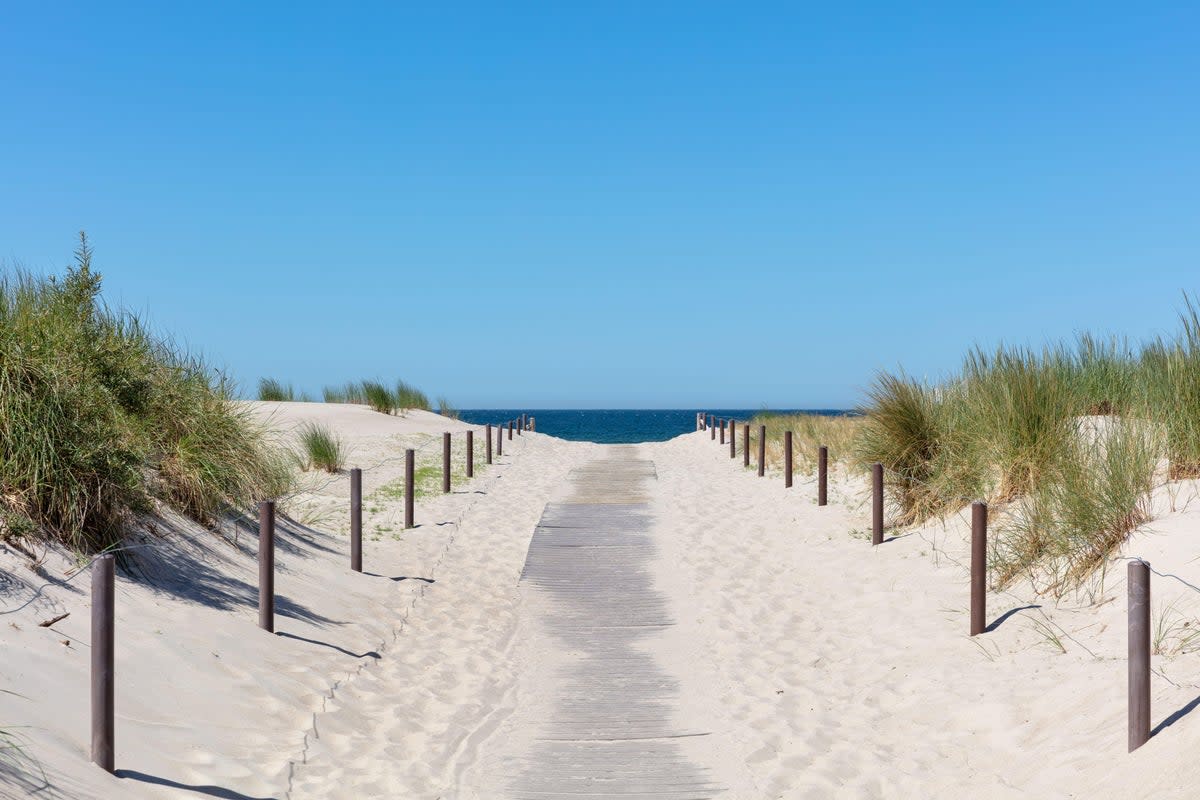
"Travel is already being blighted by extreme weather,” says Alex Hawkins, strategic foresight editor at The Future Laboratory. “By 2033, the map could be completely redrawn. We’ll have to broaden our horizons and get more creative about where, when and how we explore.” Europe saw heatwaves hit a hot and humid 40 degrees last summer, barely dipping in the evenings. Right now, northern Ethiopia is facing severe drought, while in the south, just above the Equator, and in Kenya and Somalia, there are devastating floods. In the Alps, last winter’s ski season was a largely slushy affair.
Higher temperatures are already affecting the decision-making of almost 70 per cent of travellers who say they are now reconsidering where they would traditionally go, according to a recent report by Marriott Bonvoy with The Future Laboratory. Having analysed the travel plans of 14,000 travellers across the continent and the Middle East, for the coming three years, a quarter of us are already planning to travel at different times of year with almost a third considering cooler destinations to swerve the extremes. Hawkins suggests destinations such as Scandinavia, Scotland and even upper parts of Canada are on the cards as more appealing. “Agriculture, and especially winemaking, is already following that trajectory — so travel isn’t far behind.”
Heatwaves are already impacting our holiday choices, says Zoritsa Urosevic, executive director of the United Nations World Tourism Organisation. “Climate change will lead to new emerging destinations and a change of perception of tourism,” she says. Back in the Roaring Twenties, when F Scott Fitzgerald and his beloved Zelda were sipping rosé in Antibes, the French Riviera was a winter destination. One wonders what The Great Gatsby author and his socialite wife might make of time in their former villa, now the hotel Belles Rives, at the height of summer in the roasting 2020s.
“I’ve already seen the dramatic impact of 3C higher temperatures in Greenland with devastating consequences,” says Hjörtur Smárason, tourism development strategist and ex-CEO of Visit Greenland, the world’s largest island, in the North Atlantic. “After two summers of forest fires and flooding across Europe, we are seeing the numbers moving north. The Mediterranean will be the place to escape from in the summertime,” he says. Since Arctic Lapland has already had summer days above 30C, he envisions the Baltic and Ukraine as being future beach holiday locations, with Estonia’s islands set to upstage those in the Adriatic. “Lolland’s popular beaches in Denmark already have investors lining up to build the sustainable beach hotels of the future — this could extend to the south-facing shorelines of Ukraine from Odesa to Mariupol,” predicts Smárason.
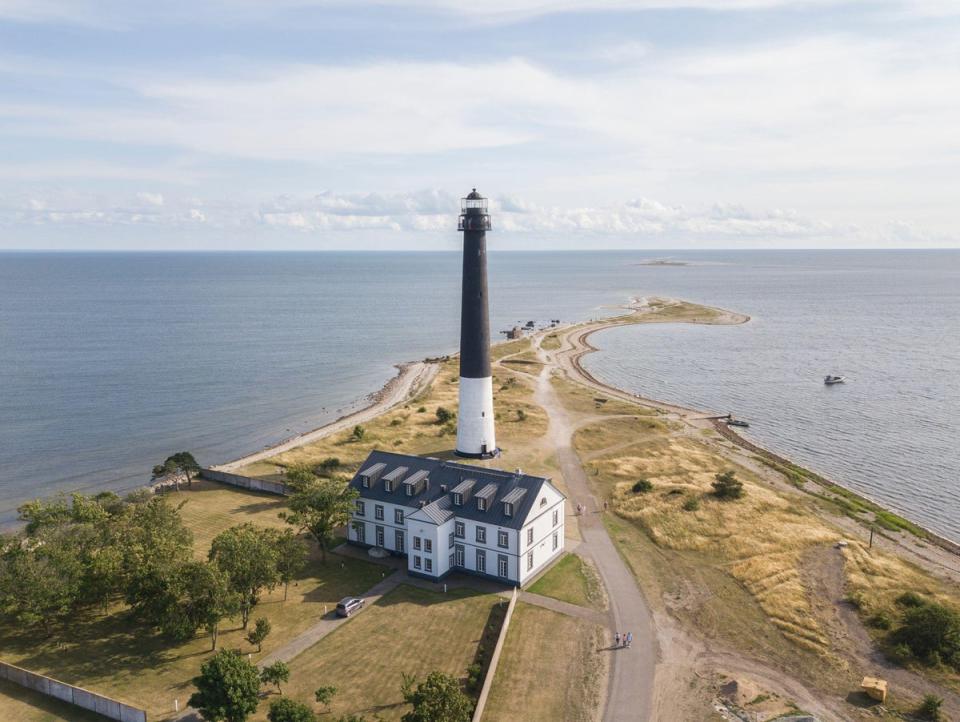
Meteorologists used to be able to forecast the seasons for monsoons, snowstorms and hurricanes. But as events such as the wildfire in Evros, Greece, this summer, the largest ever recorded in EU, prove, it’s unpredictable. Dennis Schaal of industry experts Skift anticipates the classic vacation being “turned inside-out, or outside-in”, as holidaymakers seek indoor activities to replace outdoor ones in the heat. Off-season breaks will become the norm, while many trips become more pricey. Schaal points out Greece is increasing its hospitality tax, especially for luxury stays, “to seed a climate-driven disaster fund”.
Our cold weather escapades also need a rethink. Last January, ski resorts across Europe also experienced some of the highest temperatures on record for that time of year, from Germany to the Czech Republic. Small resorts in France opened only for a month, and, in the case of La Sambuy, near Trois Vallées, for the very last time. Over in Canada, it never got cold enough for Ottawa’s Rideau Canal — the world’s longest naturally frozen skating rink was out of action for the first time in 52 winters. Canalside kiosk owners are waiting eagerly to see if it gets cold enough for skating in 2024.
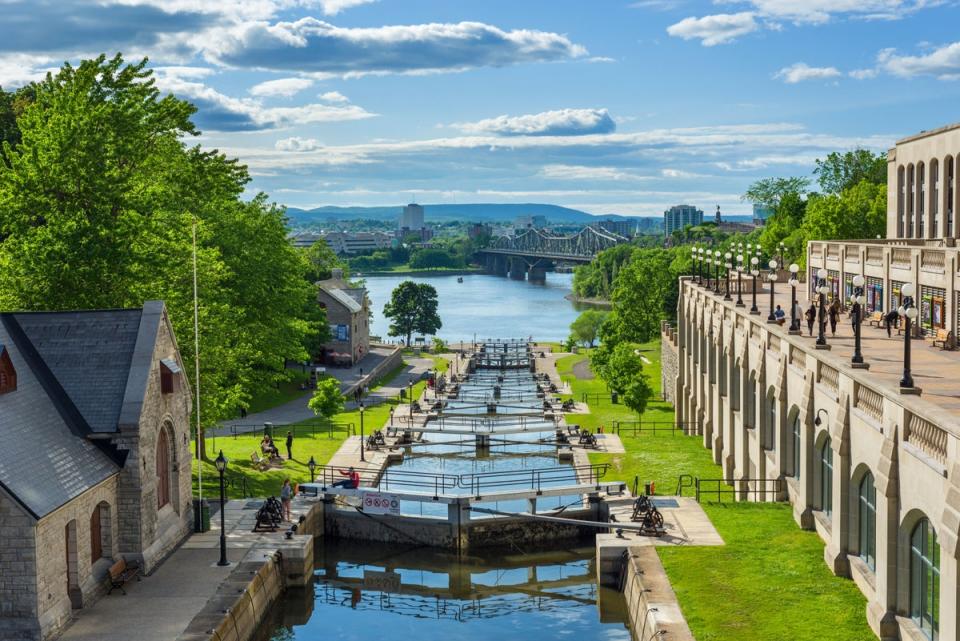
Too hot. Too cold. Too much water. Not enough water. Water scarcity is another disaster movie coming soon to a travel scene near us. Plummeting river levels in Europe saw cruises along the Danube and Rhine rerouted throughout 2023. The recent drought in the French territory of Mayotte, off the eastern coast of Africa, shows us how an island community can completely run out of drinking water. Hosting holidays in high heat is thirsty work with all those spas, golf courses, and swimming pools to keep quenched. The Centre for Responsible Travel reports that the average tourist can use up to 10 times more H2O when they’re away than local residents. Throw agriculture into the mix, competing with tourism for this ever-decreasing resource, and there will be trouble ahead.
Jonny Bealby, of small-group specialists Wild Frontiers, asks: “With more droughts, will water wars break out between countries bordering the world’s great rivers? Will melting ice caps and rising sea levels submerge forever some iconic travel destinations? Will an increase in extreme heat and associated bushfires make travel to Australia, Greece and California untenable? As Cornwall’s climate rivals Provence, will Provence feel like the Sahara?”
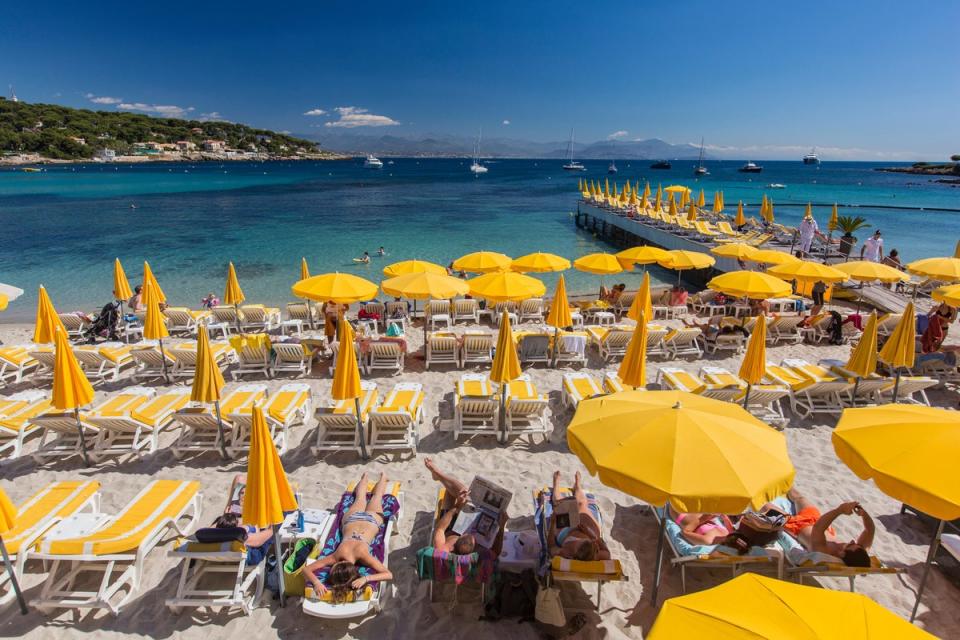
Before you start stockpiling tap water, the adventure travel expert Bealby doubts it will play out this decade. “If we look back to 2013, besides the cost of travel, the only thing that’s changed is the huge increase in global travellers.” What is certain is that prices will rise. “As insurance companies see higher risk, as governments impose more green taxes on flights and operators look to rebuild balance sheets decimated during the pandemic, the cost of travel will climb.”
Could the knock-on effect of international travel getting more expensive be a desire to travel the world digitally? “I’m not sure virtual will replace real travel — video didn’t kill the radio star,” says James Wallman, founder of World Experience Organisation. “But there’s a big rise in immersive combined with nature. This shared, connected reality — as opposed to virtual reality which separates us — is showing a pace of growth, and why Apple’s Vision Pro mixed-reality headset and 5G will be a gamechanger.” It’s hard to imagine spending time in entertainment venues such as Outernet London or Illuminarium in the States will replace balmy piazzas and jungle peaks but it might scratch a long-haul itch. “We were able to visit the Amazon via Tottenham Court Road where Pixel Artworks’ piece was interactive, fun, free, and let us catch a butterfly on our phones,” says Wallman. “By 2033, we might take a trip to a virtual Machu Picchu that’s mixed in with Manhattan and a rollercoaster — or Manhattan underwater, which hopefully will still be a fantasy and not a climate crisis reality just yet.”
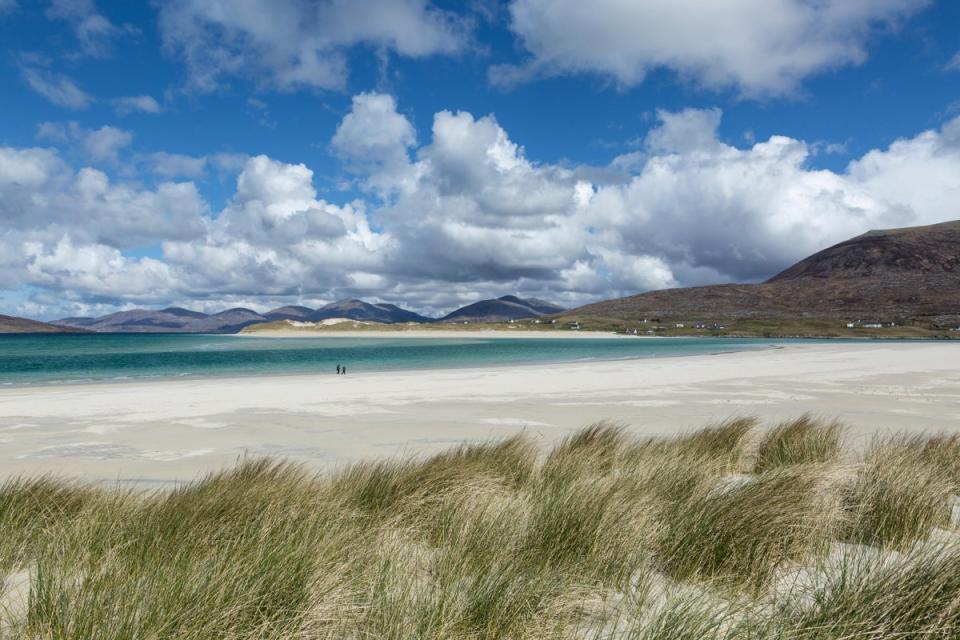
There is good news. The cost of wind energy has fallen by 70 per cent, the price of solar has dropped by 90 per cent, and a Government report earlier this year cited only 1 per cent of the UK public is opposed to renewables. Aviation, however, is slower to transition to green energy than we’d like. For all the chat about sustainable aviation fuel, hydrogen power, vertical take-offs and landing, there are no huge changes coming soon at scale. And the super-rich hopping on private planes is especially uncomfortable in light of Oxfam’s latest report. 'Climate Equality: A planet for the 99%' highlights that the world’s wealthiest 1 per cent account for more emissions than the poorest 66 per cent. Of this, it’s women and girls, indigenous peoples, and the marginalised and poorest who are most disadvantaged. By 2033, will it be considered socially unacceptable to fly, let alone on private jets? Those who care about how the other more-than-half live might want it banned — or at least restricted. Will we see frequent flyer programmes continue to reward air travel? Or loyalty points only exist for train travel? On the bright side, we’ll clock up a few “rail-miles” on those summertime sleeper trains to the Baltic Riviera.
Tune into Saturday’s The Standard: Sustainable Travel podcast for more on tourism’s green future. Find expert advice and sustainable travel tips at standard.co.uk/sustainable-travel


